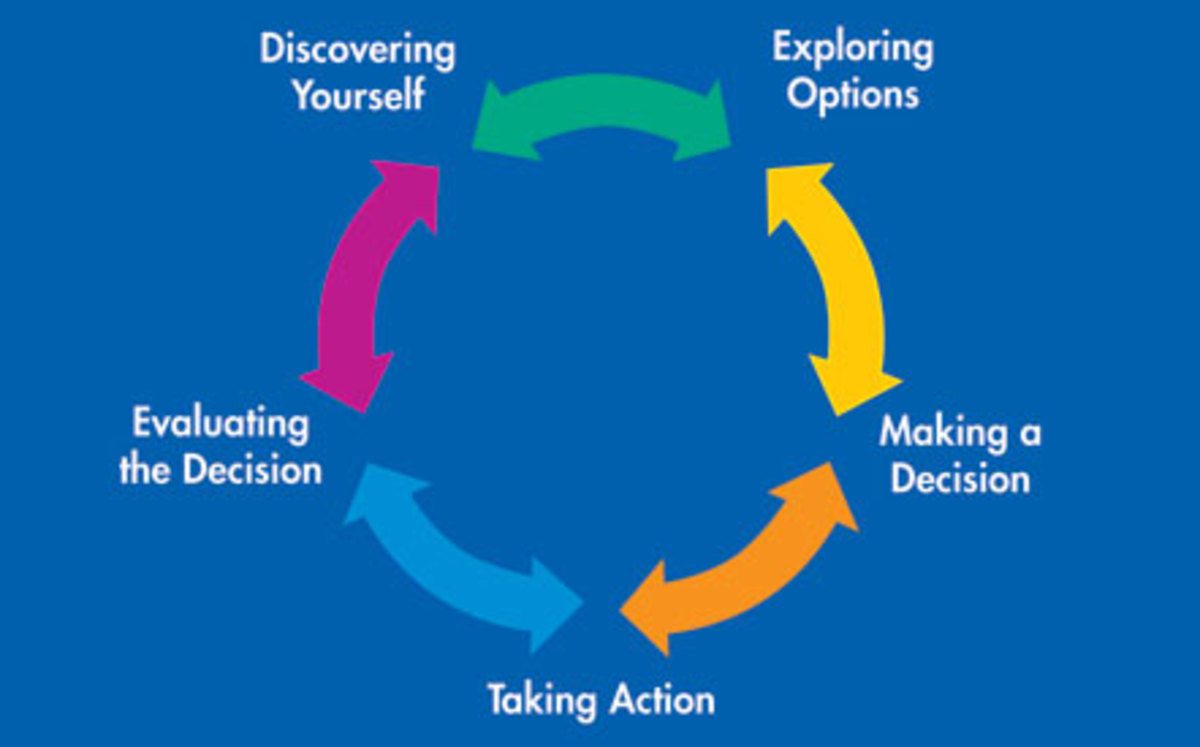Your first 401K
I have a 401K benefit now what?
You finally made it through school and you finally found a full time job. You probably heard a little from here and there about a 401K but you really don't know what to do. There are a lot of people willing to give their advice. Some people will give you very sound advice others will give you pure bilge.
If you look online for information on a 401K you will find a lot of information but most of it very general. Why? Most 401K plans are different. Some have as few as three investment options some have hundreds. There are a very few services out in the world that give you specific advice for your 401K and often they cost more than you more than they are worth for beginning investors. 401K plans change often. Investment offerings are added and removed. For those of us who have had a 401K plan over the last ten years we have seen our plans change. It is a safe bet your employer will change your plan over the next ten if you are still with the same company. The change will likely not be to your liking.
I am sure you are asking yourself if you should start contributing to the 401K. If the employer is matching it is wise to contribute up to the maximum your employer matches. In most case's that is six percent of your base salary. It will not cost you six percent of your base salary to contribute that amount. Just for the sake of example assume you will be contributing 100 dollars in each month to your 401K. If you are in the 25 percent federal tax bracket which a lot of working Americans are and your state income tax is 5 percent your check will be reduced by 70 dollars per month. If your employer matches at a rate of 100 percent, you will be investing 200 dollars per month for cost to you of only 70 dollars! That is a very good deal! If your income is low enough to qualify for the savers tax credit your 401K can become a really sweet deal.
If your employer is not offering a match you, may want to contribute anyway. In theory you would be much better off contributing to an IRA for retirement than a 401K. Many people find that when money is taken out of their pay as it is with a 401K it is easy to save. The act of writing a check or even having money withdrawn from your checking account for your IRA on a monthly basis requires self discipline. Often it is too easy to say I need the money this month and six months later we find we have not deposited a dime into the IRA account.
Good investing pays!

Investments in a 401K can differ from an IRA
Most 401K plans offer a very limited number of investments. Some offer mutual funds; some offer something called a collective investment trust. Your plan may offer both. Mutual funds can be evaluated using a lot of the tools on the internet to evaluate funds. They are often evaluated by fund rating services and financial publications. Collective investment trusts are very hard to evaluate. Often one cannot find performance data or holdings on these funds. Some of these trusts have very low operating costs and produce very nice returns. Sometimes they are not the best investments. Good fund selection can be just as important in a 401K as an IRA.
How do you allocate money in a 401K? Take some time to learn about and formulate an asset allocation for you. Short of that perhaps your plan has a target retirement fund. These funds generally have a number such as the 2040 fund. These funds are intended for those retiring around 2040. In a target retirement fund the asset allocation is done for you based on your age. I am not a fan of target retirement funds but in some cases they are the best option in a 401K. Another approach is to invest 25 percent fixed income or bond, 25 percent , large cap cap stock, 25 percent small cap, and 25 percent international. Learn about rebalancing as you will want to rebalance your investments on a regular basis.
Avoid putting too much money in your companies stock. My rule of thumb is 5 percent, however often you may be required to hold company stock in your 401K. I am a big believer in keeping company stock to a minimum.
Take some time to learn about investing. The more you learn the more you will earn in your 401K.
Invest wisely
- Mutual Fund and investing tips
The best fund articles on the web.








